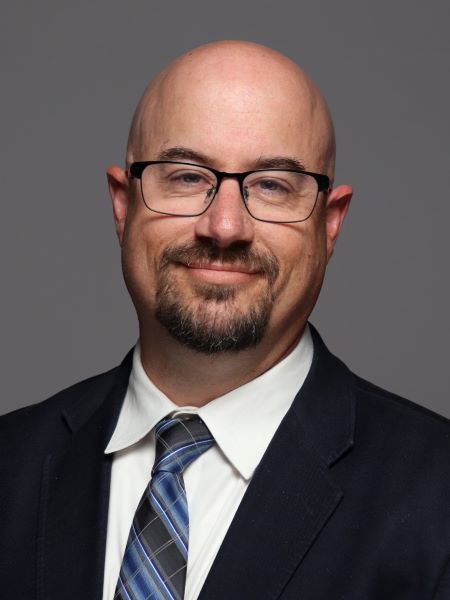
Out-of-hospital cardiac arrest (OHCA) is the third leading cause of death in the United States. It demands a coordinated, team-based approach to improve survival and neurological outcomes beyond the typical 10%. Cardiac arrest syndrome encompasses not only the resuscitation itself, but also post-resuscitation care, including brain injury, heart dysfunction, systemic inflammation and the underlying cause of the arrest.
Care begins in the field with emergency medical services (EMS), where rapid response, high-quality CPR and early defibrillation are critical. In the emergency department (ED), the focus shifts to stabilizing the patient, managing body temperature, and identifying and treating the underlying cause.
A smooth transition to cardiology and critical care teams enables ongoing cardiac and neurological support, coronary angiography with PCI if indicated, and comprehensive post-arrest care.
Barriers such as protocol variability, limited access to resources and poor communication can hinder effective prognostication and coordinated care. Standardized education and reporting, consistent processes, and stronger interdisciplinary teamwork are essential to overcoming these challenges.
Community efforts — such as widespread CPR training, AED access and public education — are also vital. A system-wide approach is key to improving both survival and recovery for OHCA patients.
We can change these outcomes together, and everyone involved — EMS, ED, cardiology and critical care — must share the same goal: complete neurological recovery.
Learn more about Northside Hospital Heart Institute.

